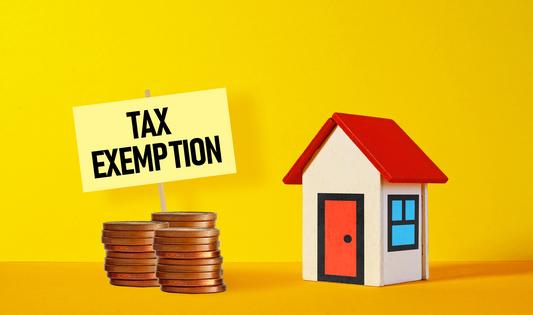Cook County resident seeks advice concerning income level, tax freeze
Q: I have tried to find out when and why the income level on the senior citizen’s tax freeze occurs. I have asked the Cook County tax assessor, as well as a couple of township tax assessors, as well as Realtors, and no one seems to know what triggers an increase in the income level.
It would make sense if it was tied to the inflation rate, or the increase in annual real estate taxes, or it is tied into Taxable income for this aging segment of the population. Do you have any insight into this?
A: You’ve asked what seems to be an easy question, but it is very specific to the state of Illinois, and, in particular, to Cook County.
The short answer is that the legislature in Illinois may set the manner in which certain real estate tax benefits are given out to its citizens. Sometimes, local counties get involved, as well, and change formulas.
In your particular question, you ask about a benefit that senior citizens receive if their income is below a certain level. For example, for the calendar year 2023 a senior citizen that lives in a home in Cook County would be entitled to freeze their assessed value. The income level that the senior homeowner couldn’t exceed in Cook County for that year would be $65,000.
We assume that either the state legislature or the county would set that level from time to time. You might think the number might be tied to inflation, but given budgetary constraints, we suspect that the number might stay fixed until the right government officials decide to make a change.
This leads us to a larger discussion about how homeowners should stay up to date on the many benefits they may be entitled to take on their real estate tax bills. Some states have no or low taxes on real estate and make up that funding through income taxes. But homeowners might have a large number of tax benefits available to them by the taxing authority.
For example, in some states homeowners that use their homes as their primary residence may get a reduction on their real estate tax bills. And those same homeowners may get an additional tax break if they are senior citizens. And, a further tax break if their income level is below a certain threshold. You might also get a tax break if you are below a certain income level and have lived in your home for a long time. Other states may give benefits to spouses of first responders killed in the line of duty.
Other real estate tax breaks may be given to people with disabilities, veterans with disabilities, and homeowners that have made improvements to their homes. Some states handle benefits to homeowners differently. For example in California and Florida, you might have the value of home that is used to compute the amount of your real estate taxes frozen, or the value may rise but that increase is limited to a certain amount per year.
Given all of these possible exemptions, every homeowner should take the time to educate themselves about all the exemptions to which they may be entitled.
Too frequently, Sam, in his practice, comes across a homeowner that has lived in their home for some time and has never applied for the homeowners exemption.
Each of these exemptions will vary from state to state and even from one county to another within the same state. But it’s up to each homeowner to make sure they seek out information provided by their state or local government to determine what exemptions they may qualify for.
========
(Ilyce Glink is the author of “100 Questions Every First-Time Home Buyer Should Ask” (4th Edition). She is also the CEO of Best Money Moves, a financial wellness technology company. Samuel J. Tamkin is a Chicago-based real estate attorney. Contact Ilyce and Sam through her website, ThinkGlink.com.)
©2025 Ilyce R. Glink and Samuel J. Tamkin. Distributed by Tribune Content Agency, LLC.

































Comments